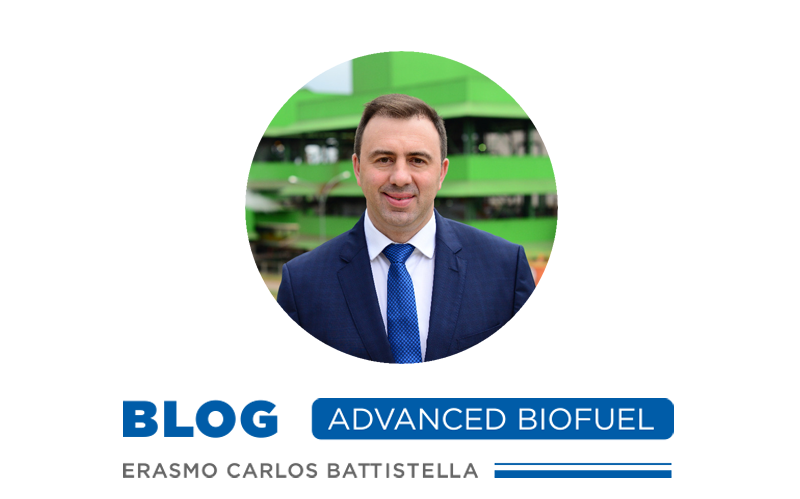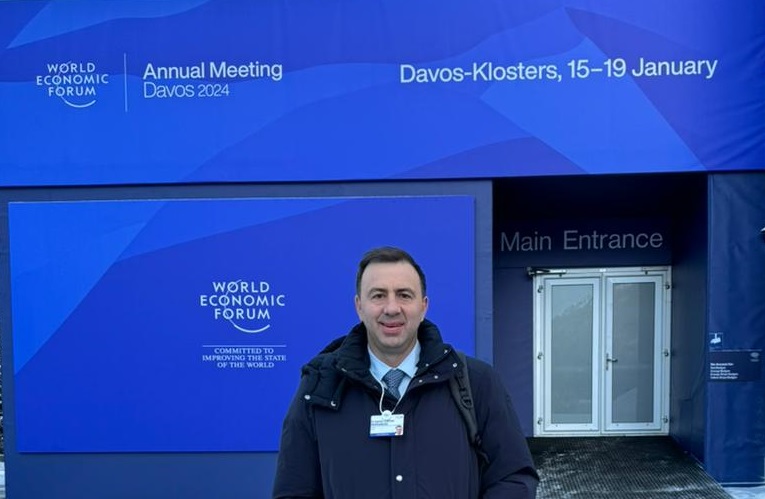It’s cold on the streets of little Davos, but discussions are hot in the corridors and debate rooms of the World Economic Forum’s Annual Meeting precisely to accelerate actions that can decarbonize the planet. To avoid the path of climate disasters, there is intense discussion to anticipate the energy transition process in the air, with airplanes, and in airport management around the world.
I am a member of the Economic Forum Working Group called “Airports of Tomorrow” and I had the honor of participating in a panel on this topic with the sector’s main executives on the morning of January 16th. The event looked at the challenges of decarbonizing the aviation industry and the efforts to be coordinated to harness technology and innovation to overcome this challenge of zero emissions by 2050.
My flag here is to highlight the role of Brazilian and South American biofuels for this sector, and the importance of our role as an agribusiness power and the great capacity for producing raw materials. Therefore, in my presentation, I reinforced the following points in relation to the production of aviation biokerosene, the advanced biofuel SAF (from the English acronym for Sustainable Aviation Fuels):
- There should be no restrictions on the use of raw materials for biofuel production, promoting certifications and rewarding those that contribute most to decarbonization;
- We need to promote global standardization of raw material and product certification to maintain uniformity in this sector;
- Without mandates, it will be very difficult for us to implement the SAF at a global level quickly and with progressive growth, and I noticed that there is a convergence on this topic among the Forum participants;
- We must accelerate this process because there are many countries that still do not have an internal organization for the production of SAF;
- There is a need to find ways for the financial sector to contribute to providing end-to-end chain solutions to ensure sector competitiveness and accelerate the adoption of sustainable aviation fuels before 2030.
I meet the world’s main companies in Davos and the common concern is that there will be no economic growth without sustainability. And with joy, I see once again Minister Alexandre Silveira, of Mines and Energy, defending the strategy of expanding the use of biodiesel with the progressive increase of the mixture up to 25% (B25) during his participation in the Sustainable Transformation of Brazil panel, together with Marina Silva, Minister of the Environment and Climate Change, and Nisia Trindade Lima, Minister of Health.
The route is correct, we just need to accelerate the speed of the energy transition.

